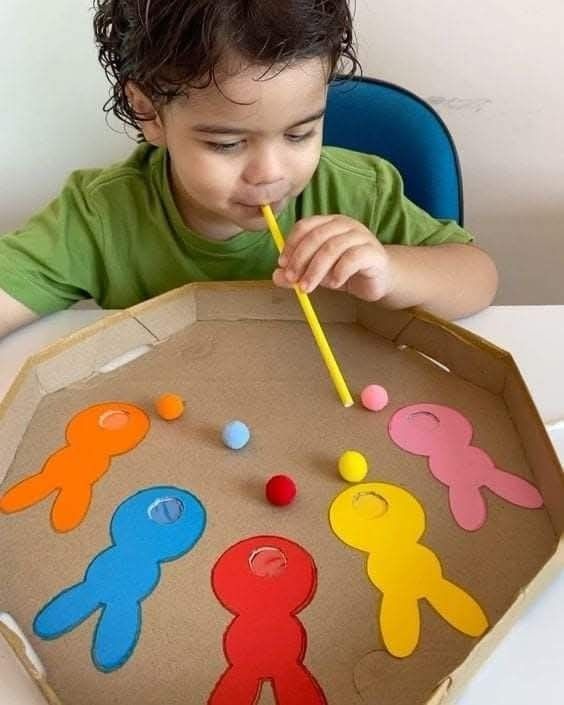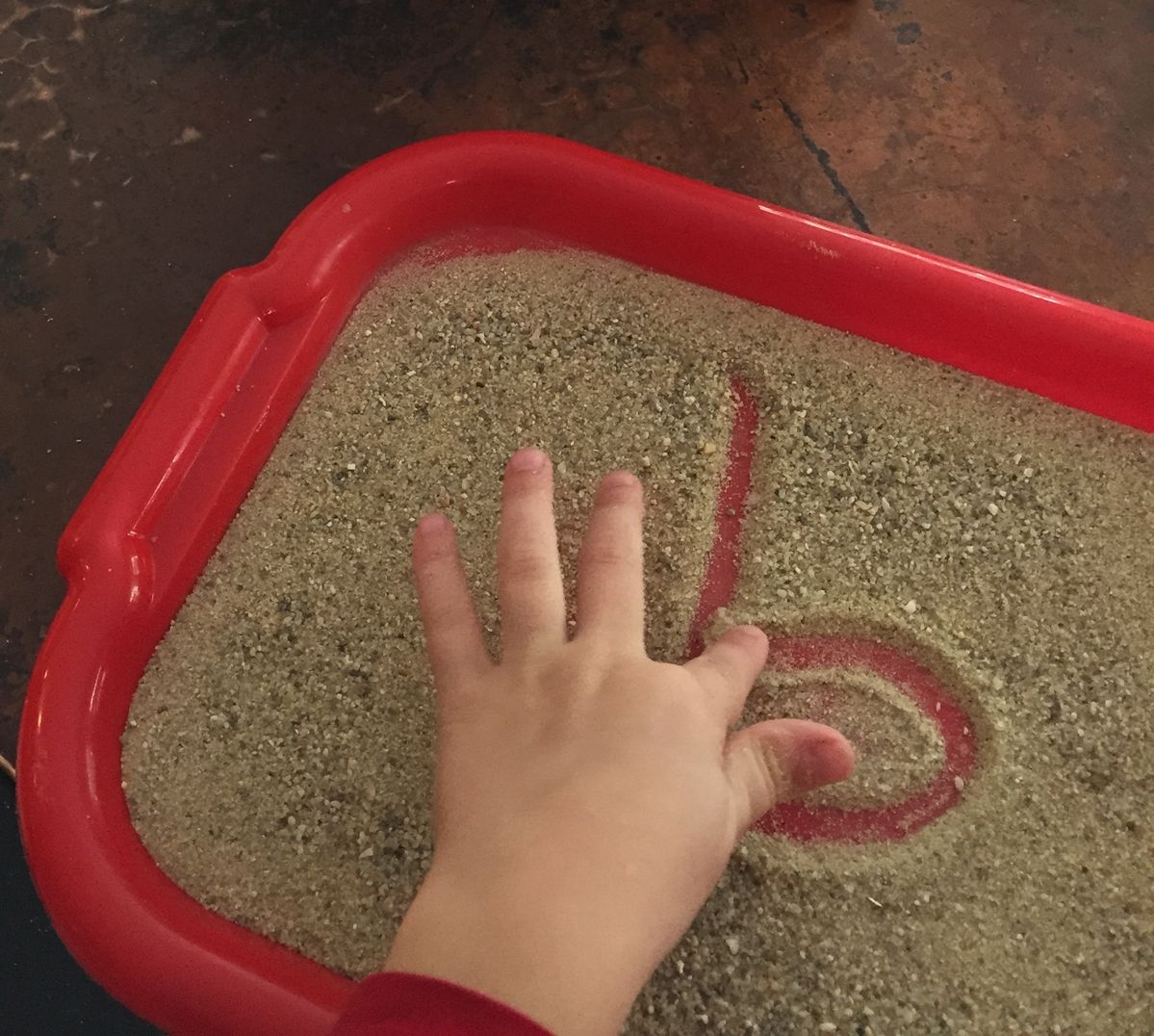Department of Speech Therapy
Speak Confidently with the Best Speech Therapist in Karachi



Speaking fluently is a basic human need. Hence, our mission is to help individuals strengthen their communication abilities regardless of their age.
Speech and Language therapy encourages and motivates patients to express themselves with ease in everyday life.
At LNH, the one-on-one sessions with the best speech therapist in Karachi are crafted to enhance patient's conversational abilities with confidence and courage.
From accurate diagnostic to personalized treatments, our approach relies on trust, patience, and consistency.
Speech Therapy is defined as the specialized care that helps children overcome speech and language challenges. Both children and adults can suffer from inborn and accidental speaking problems.
The techniques used in therapy help them to participate better in social, academic, and professional activities.
We Support Children with the Best Speech Therapist in Karachi
Peadiatric Speech Therapy sessions are exclusively designed to make your child feel encouraged and motivated in communication. For children, it can help them find their voice and build confidence in school and social life.
What Factors Affect Speech in Childhood?
- Hearing loss in childhood
- Mental retardation
- Emotional disturbance
- Poor speech/language stimulation
- Brain damage
- Accidental or traumatic situations
- Autism spectrum disorder
Conditions in Children We Cater to:
- Speech delays and language difficulties
- Mispronunciations or unclear speech
- Stammering/stuttering
- Communication challenges due to hearing loss
- Swallowing or feeding difficulties
Our Best Speech Therapist in Karachi Helps Regain Speaking Power
Speech and language problems are not restricted to kids only. Rather, some adults can also develop speaking problems due to several reasons. Our proficient speech therapist in Karachi help them restore or strengthen communication after illness or injury.
What Factors Affect Speech in Adulthood?
- Stuttering
- Autism spectrum disorder
- Mental Health and Psychological Factors
- Oral or throat surgeries
- Medical and Neurological Conditions
- Accidental or traumatic situations
Conditions in Adults We Cater to:
- Aphasia (loss of speech after stroke or injury)
- Voice disorders (hoarseness, pitch problems, fatigue)
- Neurological speech disorders (Parkinson’s, ALS, MS)
- Stuttering and fluency problems
- Difficulty swallowing (dysphagia)
Education & Training
Our monthly awareness sessions are equipped with knowledge and practical strategies specifically designed for caregivers and parents. Moreover, the dedicated support group we form provides a platform for patients and families to share experiences, practice speech exercises, and gain emotional support. We also arrange regular workshops and seminars to ensure our team stays at the forefront of speech therapy advancements.
Frequently Asked Questions
Individuals having trouble with talking, understanding, or swallowing need speech therapy.
There are many symptoms that your child may need speech therapy. For example, your child starts talking later than others or is hard to understand, etc.
Yes, at LNH, the best speech therapist in Karachi offers speech therapy for adults for stroke as well.
Yes, we work with people who have trouble chewing or swallowing food or drinks with the help of therapeutic and compensatory speech therapy techniques.
No, speech therapy is for people of all ages because anybody at any age can develop these issues.
Mental retardation, emotional disturbance, poor speech/language stimulation and brain damage are the common reasons for speech delays in children.
The first visit only serves as an initial assessment. The doctors will communicate to understand your concerns first. The next step would be to evaluate your or your child's communication skills.
Yes, our best speech therapist in Karachi uses therapies that are very helpful to fulfil every child’s needs.
It depends on various factors such as the individual's needs, the goals we set, and how consistently we work together. Our speech therapist will draft a tailored plan for you.
Yes, it is important for parents to stay involved in their child’s therapy. However, it’s better to ask your child’s therapist first.
There are many hospitals, clinics, centers and special child school in Karachi. All you should do is look for the best trained staff, individual learning plans, and supportive facilities.
Yes, our best speech therapist in Karachi works with individuals of all ages who stutter with the focus on proven strategies.
Faculty




Contact Information
For appointment and details, please call us at 021-34413010, 021-34413011, 021-34413012, 021-34413036 and 021-34412576 between 8:00 am to 8:00 pm from Monday to Saturday.
Speech & Language Therapy Unit: 021-34412281 & 021-34413043
WhatsApp Chatbot: 021-111-456-456 or download our mobile app LNH Care.

